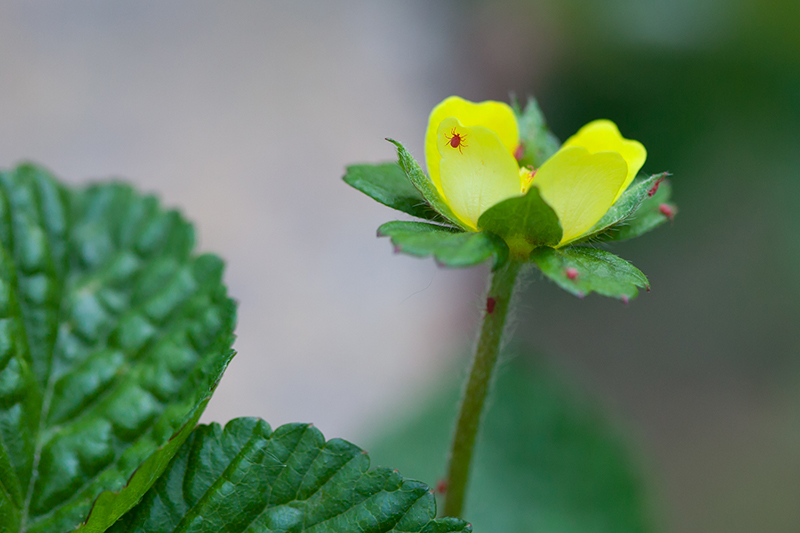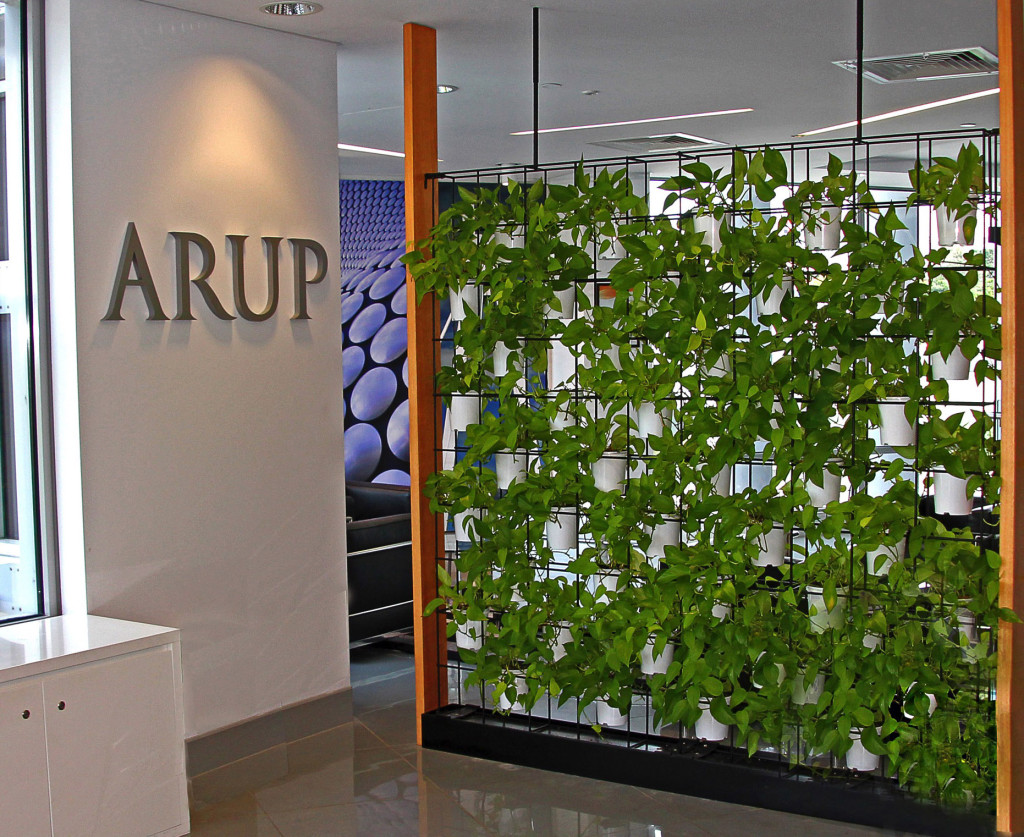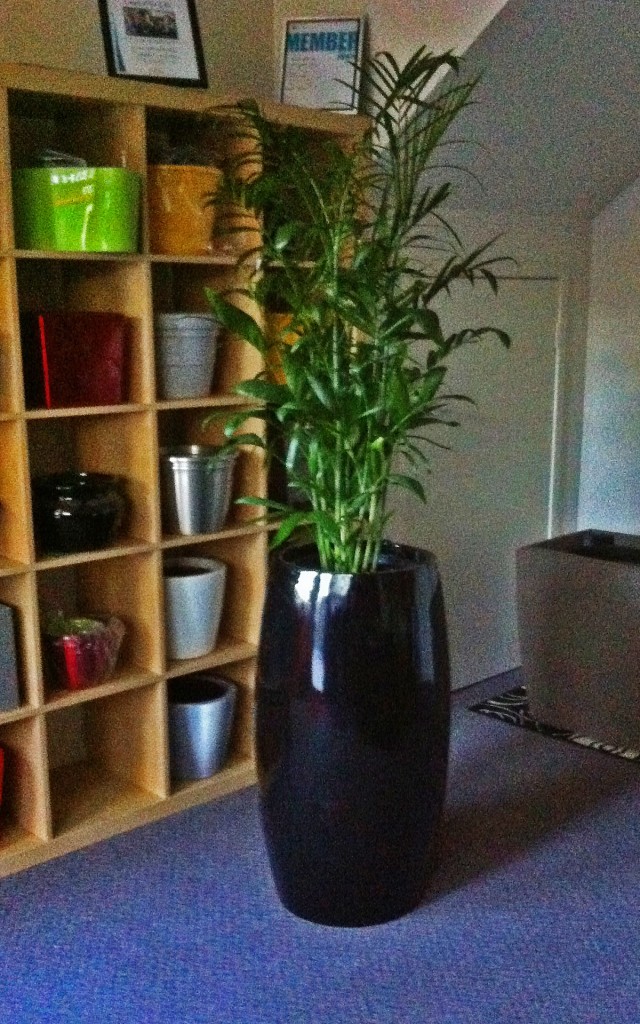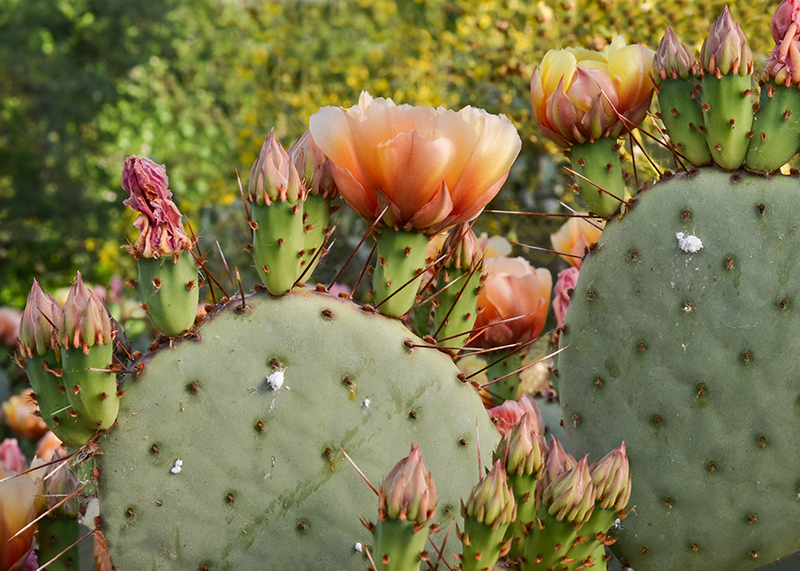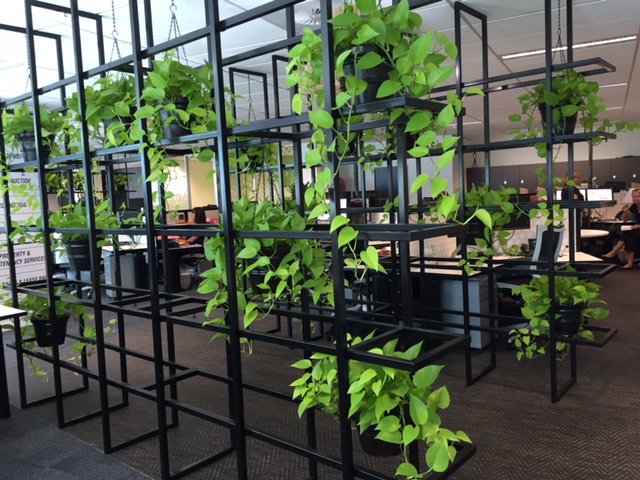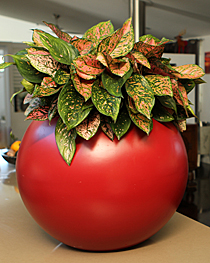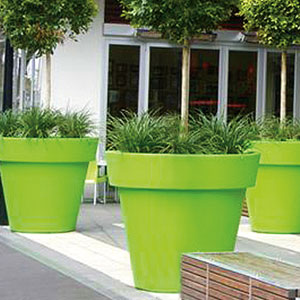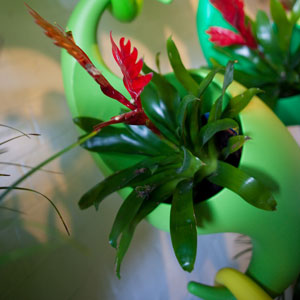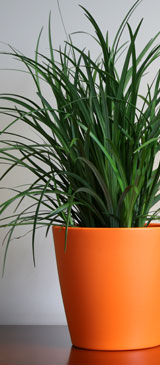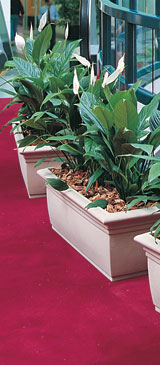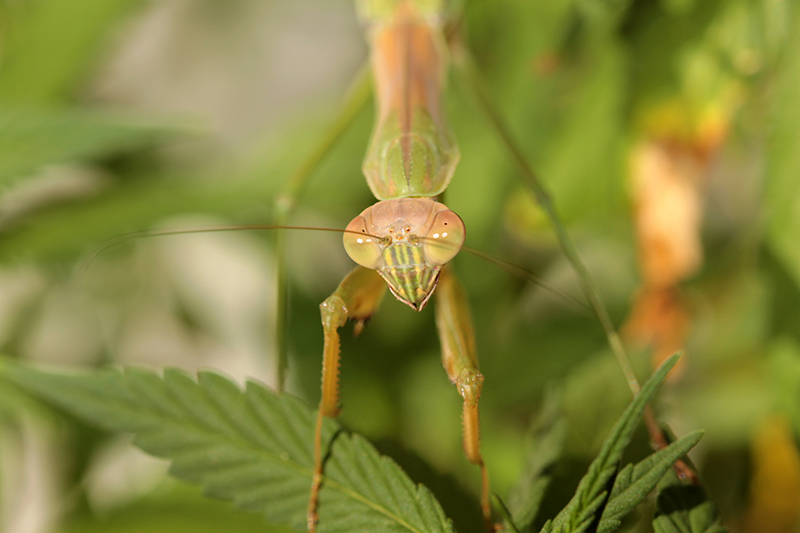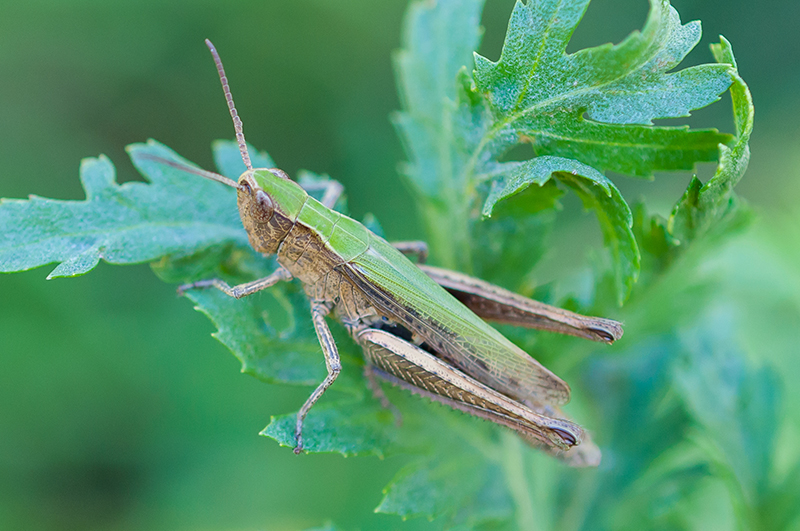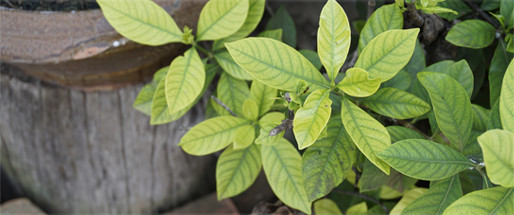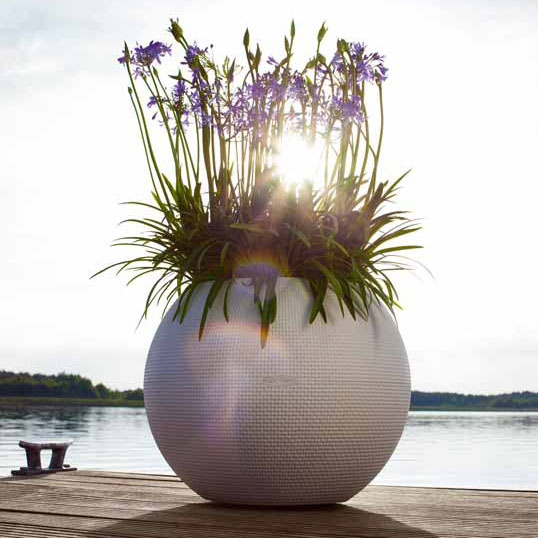
Most indoor plants are susceptible to insect pests. If not properly controlled, these pests will shorten the lifespan of your indoor plants. Controlling these pests is an important part of maintaining healthy and happy plants.
Pest Invasions
Plants can suffer extreme pest invasions, particularly when indoors. The indoor environment lacks environmental functions that naturally work to control such pests. These natural control factors (found outdoors) include many predatory insects such as wasps & carnivorous beetles.
There are also other environmental control factors such as temperature extremes, rain and dew on leaves that can actively deter pests and insects from inhabiting the plants. A lack of natural light indoors can also make a plant more susceptible to pest problems.
Types of Pests
The main pests that affect indoor plants are Mealy Bug, Red Spider Mite and Scale insect. All of these pests can be controlled safely with pest oils such as eco-oil and white-oil (mixed at recommended strengths). Liquid soap concentrated mixed at one part per hundred parts water will also effectively control these pests. Insects absorb a lot of oxygen through their skin and these compounds will prevent this from happening.
The components found in these mixtures will also leave a thick residue on the leaves that will last a long time. This actively clogs the mouth parts of the feeding insects, particularly the red spider mite.
How to treat pests
When an insect population occurs, you will need to treat it a few times, a number of weeks apart. This is because at any one time, part of the population is at the beginning of its lifecycle (in egg form) and is therefore not responsive to the pest oil or soap treatments until it has hatched out.
The best way to avoid insect pest problems is to make sure that the plant is free of pests at the time of installation. This can be hard to observe with pests such as spider mite, so spraying the plants that are commonly susceptible to this pest with oil or soap prior to installation is highly recommended.
Ants can also contribute to pest problems. They farm pests such as Mealy Bug and Scale. The ants are then rewarded by being able to feed on the sticky secretions of the Mealy Bug and Scale. With this process, ants can bring insect larvae from outdoors, and infect healthy indoor plants. Ants can often be a sign of a possible pest problem, and should not be ignored.
It is important to understand what types of plants are affected by particular pests, and seek to control these pests effectively in the early stages.
At Trans-Plant Indoor Plant Hire, our staff are fully trained in recognising and treating such problems here in our nursery, and also in your office if they do ever occur. Contact us below for more information!

